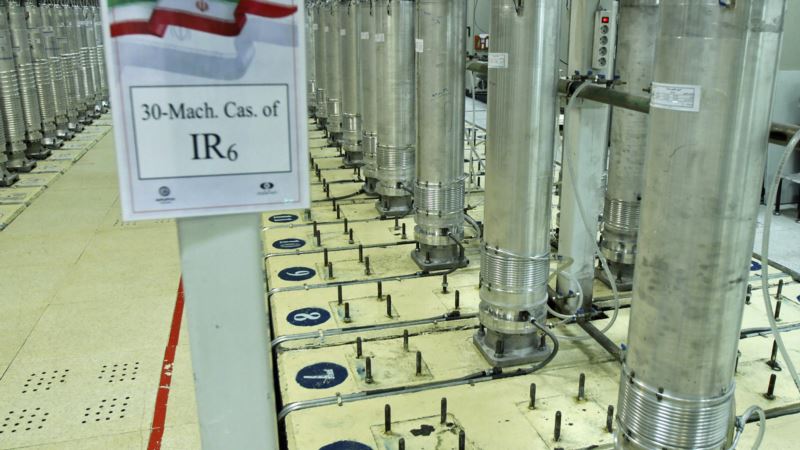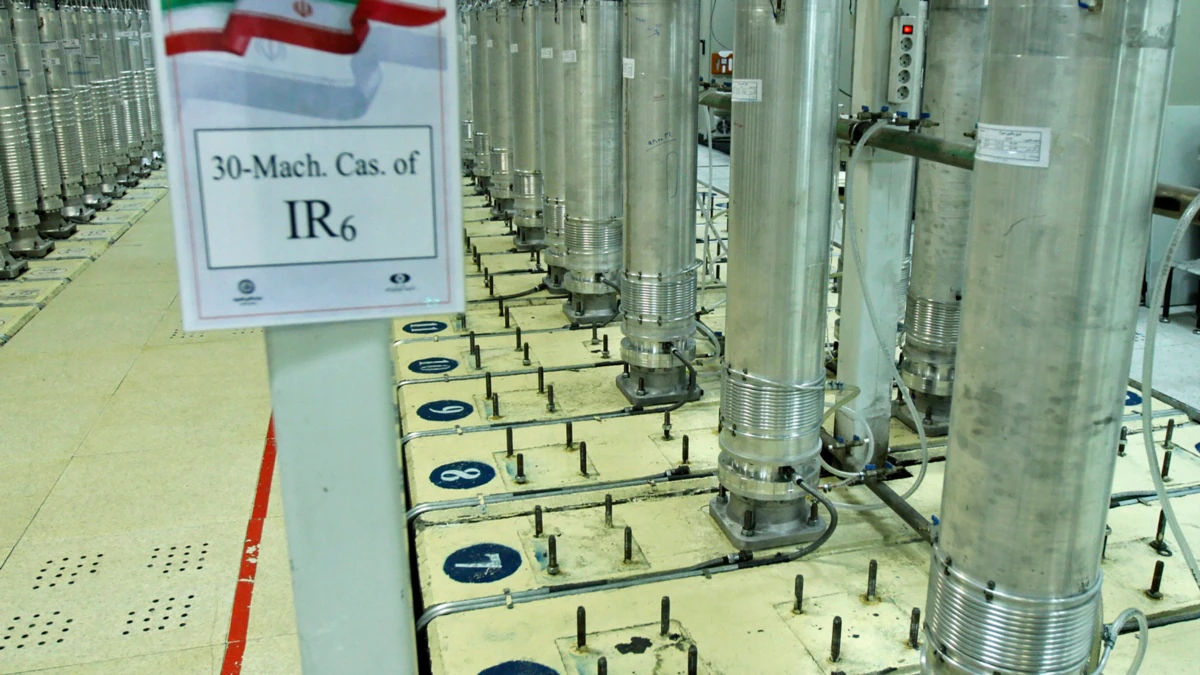

Iran has begun enriching uranium at its underground Natanz plant using a cascade of advanced centrifuges, the latest breach of a 2015 nuclear deal with world powers.
The Vienna-based International Atomic Energy Agency (IAEA) said on March 17 that two days earlier, Director General Rafael Grossi informed member states that Iran is now using faster IR-4 centrifuges to enrich uranium hexafluoride up to 5 percent purity.
The use of the advanced centrifuges is the latest violation of the nuclear accord, which only allows slower first-generation IR-1 centrifuges for enrichment.
After an explosion at the Natanz nuclear site in July that Iran blamed on sabotage, the country started moving different advanced models of the centrifuge to a below-ground Fuel Enrichment Plant (FEP).
Grossi said Iran plans to install a second cascade of IR-4 centrifuges at the Pilot Fuel Enrichment Plant, but installation has yet to begin.
Since the United States unilaterally withdrew from the nuclear accord in 2018 under former President Donald Trump, Iran has gradually breached restrictions in the deal.
Iran says the breaches can be reversed if the United States returns to the accord or the other remaining signatories — China, Russia, Germany, France, and Britain — comply with their commitments and offset U.S. sanctions with economic incentives.
In one of the more serious violations, Iran in February began restricting IAEA inspections of its nuclear facilities, although some access remains.
U.S. President Joe Biden’s new administration, which took over from Trump in January, has indicated it is open to possible negotiations on a U.S. return to the agreement, but demands Iran act first to return to its commitment.
Tehran demands the United States return to the deal first and lift sanctions before it scales down its nuclear program.